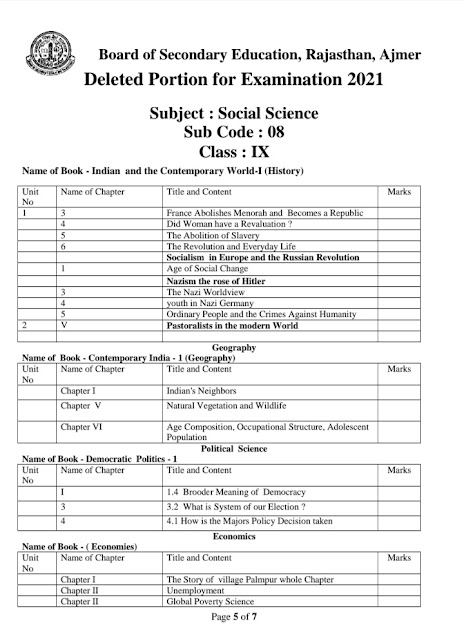India’s youngest female pianist with Trinity certificate achieves 499/500 marks in CBSE Class 10 result
Fifteen-year-old student and pianist from Noida, Sara Kothari, has become one of the youngest girls in India to be a Licentiate of Trinity College, London (LTCL piano). The Licentiate examination of Trinity College is a Level 6 diploma in music performance and is equivalent to the final year of an undergraduate degree. Trinity’s Performance Diplomas are the most advanced performance awards taking musicians up to a professional standard of performance and musical understanding.
Sara started learning to play the piano at the age of 6. An incredibly passionate and talented pianist, she finds immense pleasure in learning new musically and technically challenging pieces. She absolutely loves the works of Sergei Rachmaninoff, Franz Schubert, Franz Liszt and Claude Debussy and Frédéric Chopin's "noble, poetic and dramatic" music. Sara aims to build virtuosity through her commitment and love for music.
She is currently a student of Prof. Heribert Koch. Prof. Koch is a well-known and highly respected pedagogue, concert pianist, and adjudicator.
Sara cleared her Grade 8 piano exam from Trinity College London with distinction in 2018 at the age of 12. She became an Associate of Trinity College London (ATCL Piano) in June 2019 at the age of 13. Taking her musical education forward, she became a Licentiate of Trinity College London (LTCL Piano) in 2021 at the age of 15. The LTCL examination is a Level 6 Diploma in Music performance and is equivalent to the final year of an undergraduate degree.
Performance Diplomas of Trinity College London are one of the most advanced performance awards taking musicians up to a professional standard of performance and musical understanding. Sara is the youngest ATCL & LTCL certified female pianist in India, as confirmed by India Book of Records and the High Range Book of Records.
Sara recently got accepted into the Juilliard Summer Performing Arts Program and the Curtis Mentor Network Program 2021 which will start in July.
She is one of the four musicians across India to have been selected to perform in the Young Talent Concert Series organised by the Stop Gaps Cultural Academy, Mumbai.
“Physics and French are my favourite subjects. For me, piano playing is a way to de-stress. While everything shifted to online mode amid Covid, my studies and piano lessons were deeply impacted. But, reading new concepts in quantum physics, time travel and listening to maestros kept me going through the tough times,” says Sara
Sara, a science enthusiast and winner of the Australian National Chemistry Quiz (ANCQ), wants to pursue engineering at an Indian Institute of Technology (IIT) in the future. “I would also love to learn violin and pursue dual masters in music abroad. Along with being an engineer, I want to become a concert pianist,” she said.
Sara is the co-founder and CFO of WhyQ. WhyQ is a WhatsApp chatbot based queue management solution for local stores ('kiranas') helping people practice safe social distancing during the pandemic. This startup was ideated through the TiE Young Entrepreneurship Program (TYE). The WhyQ team won the regional first prize at the Delhi chapter of TiE. At the global finals hosted by TiE Seattle, WhyQ won the 'Best Execution' and 'Best Pitch' track awards. The chatbot helps you find the best time slot to come, arranges for your order to get assembled before you make it to the store, and gives shopkeepers predictive sales so that they can have a better inventory management system. WhyQ received in-kind support from Amazon Web Services provided to innovative and viable young startups. WhyQ also received in-kind support from Spanish SaaS company Landbot provided to sratups and ventures making a social impact . The team has received mentorship and guidance from Daniel McQuade, Rajan Anandan, Rimy Oberoi, Dhruv Shringi and other industry experts. The team also had the opportunity to work with 37 KrishnaMarche. The venture was supported by the MP and MLA of the area. The venture has been covered by many newspapers and national dailies.




